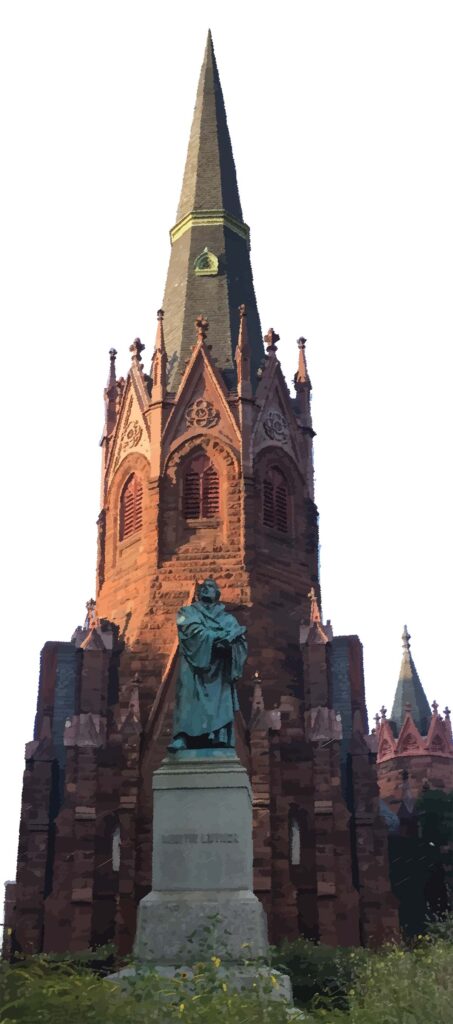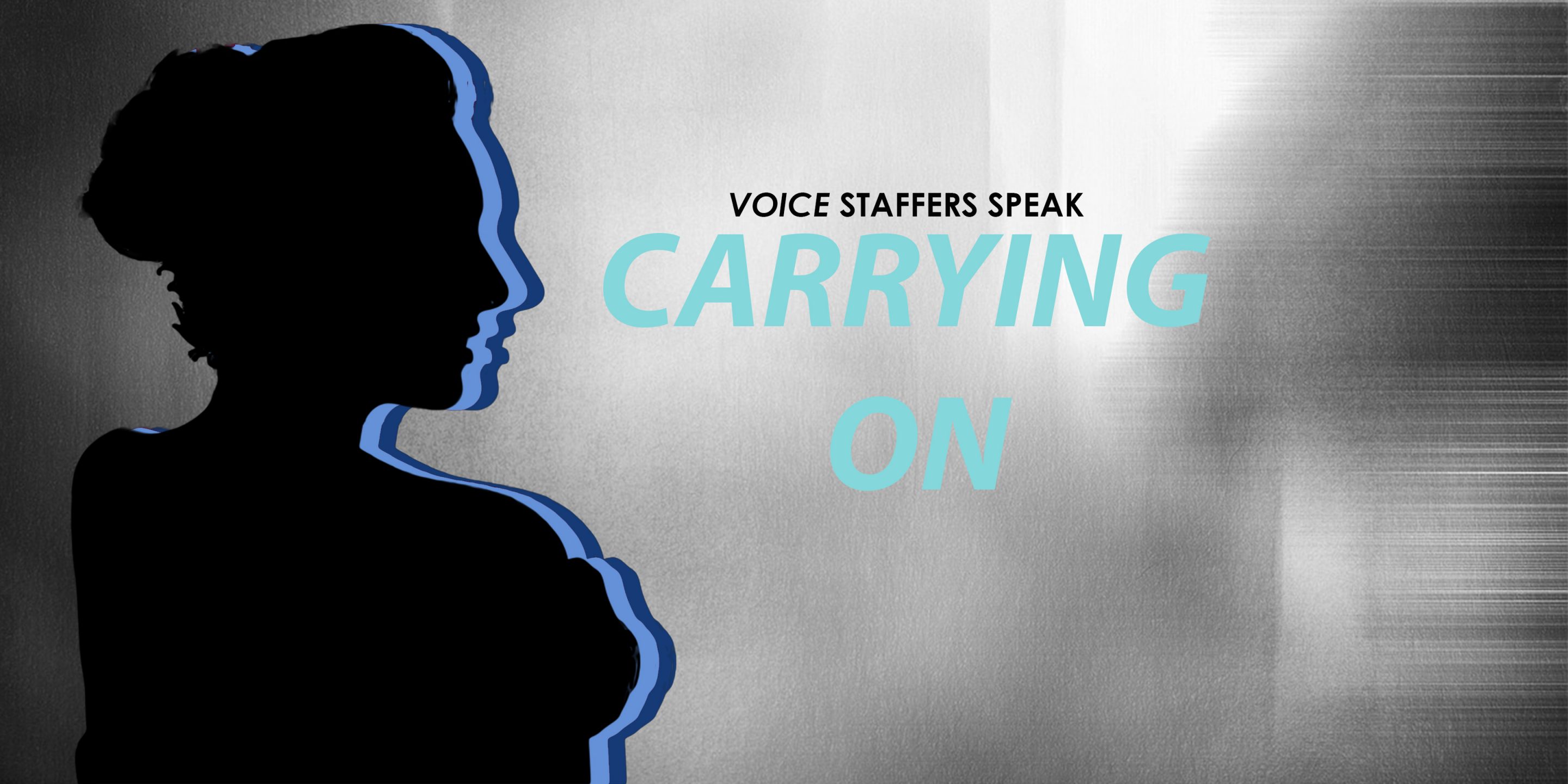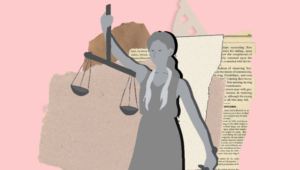“Let us mourn black and brown men and women, those killed extrajudicially every 28 hours. Let us lament the loss of a teenager, dead at the hands of a police officer who described him as a demon.
“Let us weep at a criminal justice system, which is neither blind nor just. Let us call for the mourning men and the wailing women, those willing to rend their garments of privilege and ease, and sit in the ashes of this nation’s original sin.”
The words echo solemnly through the chapel on the ground floor of the churchwide office of the Evangelical Lutheran Church in America (ELCA). It is the Monday after Neo-Nazis and white supremacists marched through the streets of Charlottesville, Virginia, killing Heather Heyer.
In the final week of my internship at the ELCA, I was overwhelmed by the solidarity of the churchwide staff. After a weekend of feeling helpless and hopeless about the insensible violence and hatred, I was incredibly grateful to be a part of a church that sees itself as an agent for change and social justice. I was grateful to be surrounded by people who have dedicated their lives to the work of the church. I was proud to be Lutheran.
My life has revolved around the Lutheran church since before I can remember. My parents found it to be the perfect mix of my dad’s Catholicism and my mom’s Presbyterianism. At our first church in Ohio, my parents ran the youth group, and my dad organized the men’s softball team. But for my mom, the youth group wasn’t enough, and after years of being a high school history teacher, she decided to make a career change. The summer before I started kindergarten, we moved to New Jersey so my mom could attend seminary.
After five years, my mom graduated from seminary, and when I was in fifth grade, she was called to a congregation. It was there that I cultivated many of my strongest relationships, grew in my faith, and developed an understanding of the link between church and God’s work in the world.

My first run-in with the intersection of faith and social justice came through LGBTQ issues. Over the course of my mom’s time as a pastor, she performed numerous civil unions for gay and lesbian couples before the legalization of same-sex marriage, and performed baptisms for their children and grandchildren. At a time when issues of marriage and civil rights for members of the LGBTQ community were hotly debated, especially among Christians, my church never wavered in its commitment to LGBTQ people. Speaking to my mom about an LGBTQ member of the congregation, I remember saying, “Well if she’s not going to heaven, then the rest of us are screwed.”
In 2011, at the ELCA churchwide assembly, which meets every few years to make governing decisions, the church voted to allow openly LGBTQ people to be ordained and called. It was a contentious decision, and many churches around the country left the ELCA, but the church stood steadfast in its belief that who you love is not indicative of your worth or favor in God’s eyes.
I personally attended the churchwide assembly in 2013, when the church was passing a social statement on community violence. Less than a year after the shooting at Sandy Hook Elementary School, the statement lacked a section on gun violence. The memorials committee had removed it for fear that it would cause the statement to fail. I spoke, along with others, on the floor of the convention, urging voters to adopt an amendment that called for advocating for stronger and stricter gun laws. I said that while many people in this country only think about guns after events like mass shootings, people in my community are at risk of gun violence every day. A young man from Milwaukee spoke after me. He said that the church cannot claim it is committed to diverse youth if diverse youth are dying. The amendment passed. The church showed its commitment to justice and promised to strive for it.
Christianity can be a dirty word in progressive politics, as the Christian Right has capitalized on anti-LGBTQ, pro-life, anti-government assistance policies. But it doesn’t have to be a dirty word. I want to work in progressive politics because of my faith. I believe that fighting for progressive issues advances the work of Christ in our world. I get funny looks when I tell people this. But Jesus called for caring for the poor and the sick, not the one percent. He called for us to love one another, not to exclude someone because of race, gender, religion, or sexual orientation. He broke bread with people on the fringes of society and called out those who used their faith to take a moral high ground. Jesus was pretty progressive. It makes sense that the church should be, too.
This year has included its fair share of regressive policies, hateful ideas, and harmful rhetoric. I’ve often found myself feeling hopeless about the state of our country and our world. As a college student, it’s easy to feel like there’s nothing I can do. But a talk with my mom or a sermon from the pastor of my church on 14th and N streets reminds me: This church is striving for justice. I’m a part of a community that is fighting for DREAMers, supporting Native Americans at Standing Rock, providing opportunities for women in developing countries, and combating racial inequality. In the ELCA we like to say, “God’s Work. Our Hands.” God’s work is to lift up the lowliest among us. Our hands are our community. My mom’s job as a pastor and my dad’s choice to leave corporate law to work as counsel to the ELCA embody this principle. Hopefully my work can, and will, too.
Image Credit: Beth Cunniff and Margaux Fontaine







